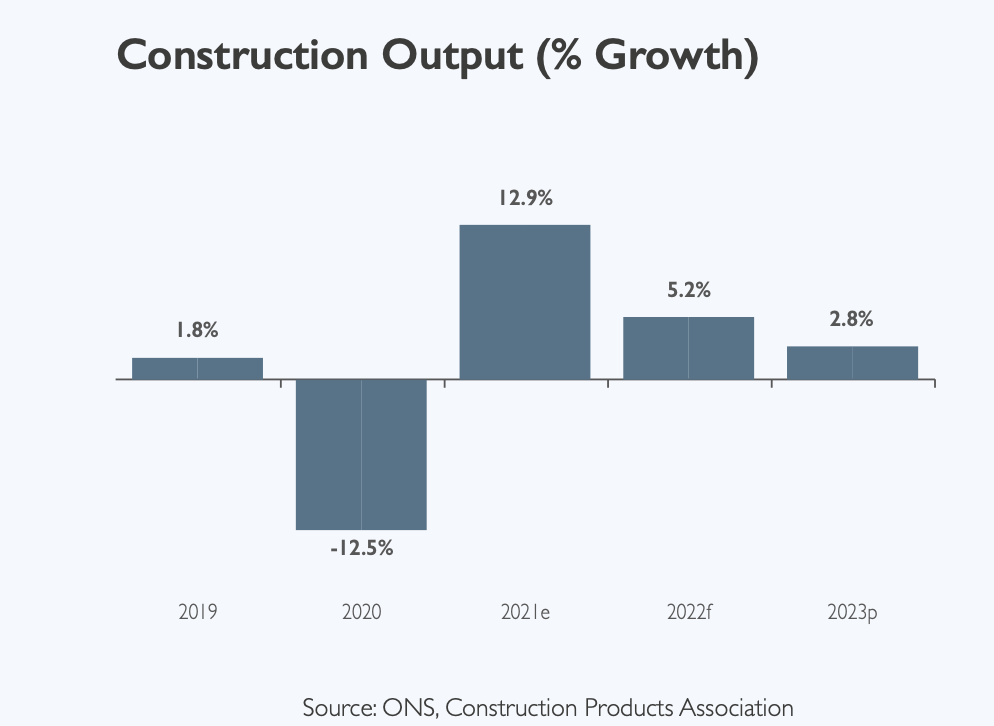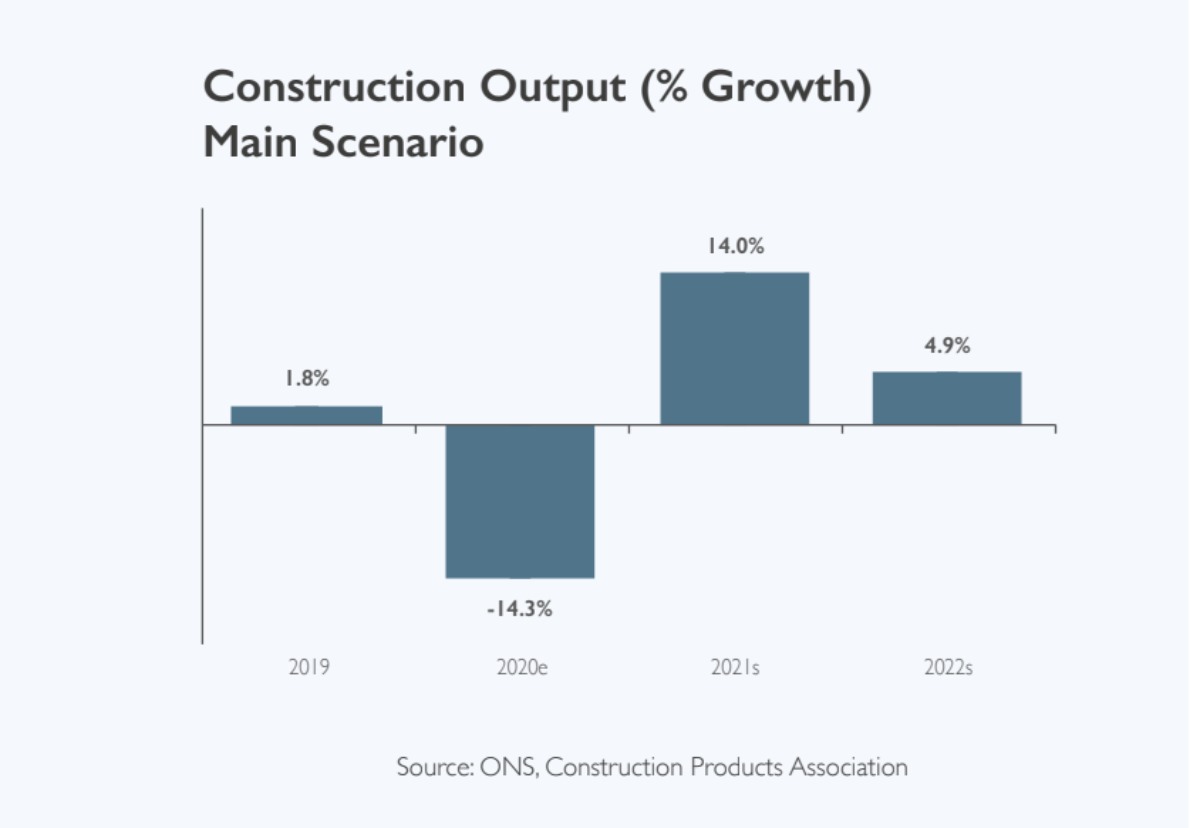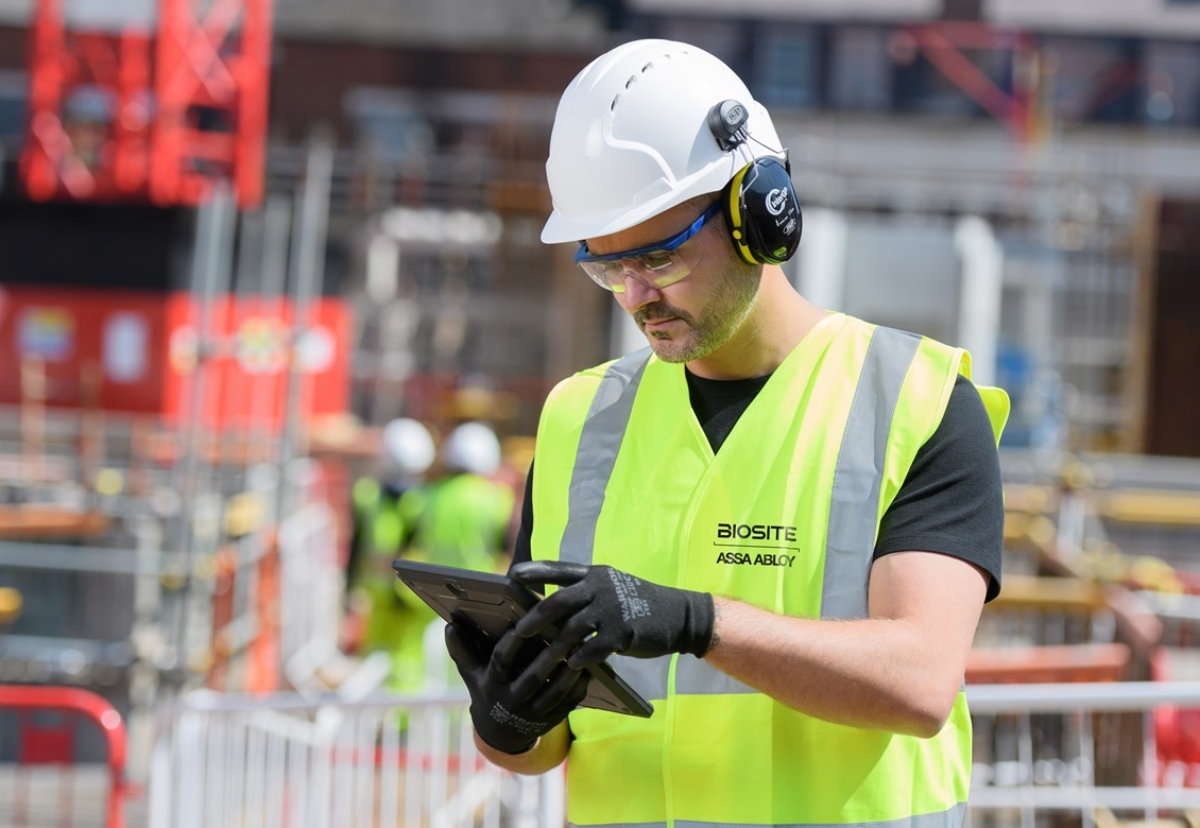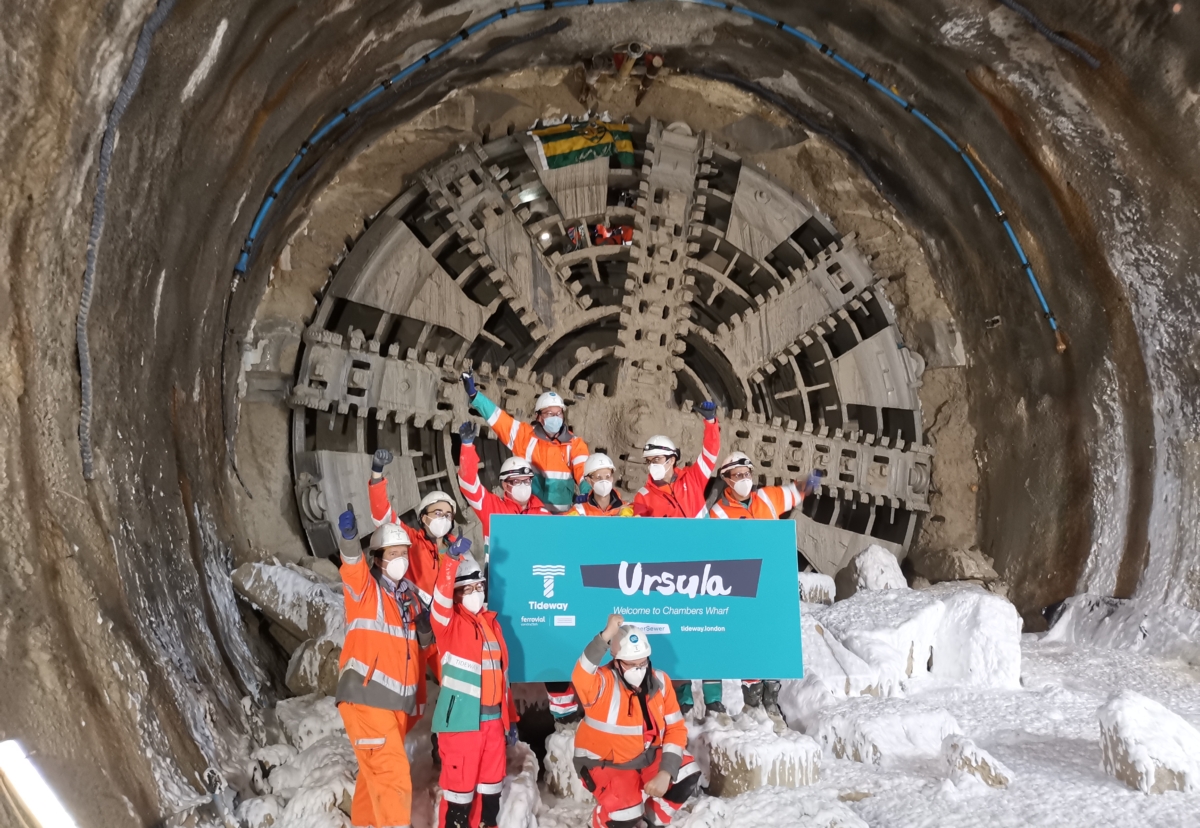Cementation Skanska has secured the £93m job to create one of the largest current open-cut retaining boxes in Europe – equivalent in size to four football pitches.

HS2 approach route to Euston station
The huge piling job for HS2 consortium Skanska Costain Strabag will involve installing 2,000 piles along the near 1km long site that will house rail lines coming into Euston station for the new HS2 railway.
More than 800 piles will be installed in creating the new Euston scissor box that will carry the new running lines.
Works will also be carried out to construct some 700 piles for two new bridge structures – Hampstead Road Bridge and Granby Terrace Bridge – that will take traffic over the new lines.
This is in addition to 418 piles for the Euston Throat Retained Cut, an extension to the scissor box, and 106 piles for the new Euston Cavern shaft.
As part of the project, the team will be developing new techniques to reduce carbon, including through the use of low carbon concrete.
“We are delighted to be working on this iconic project,” said Operations Director Paul Wiltcher.
“The project provides work for around 100 of our piling and ground engineering team who will be carrying out the works through to 2024. ”
It is the third major piling job to be awarded on the project as work steps up a gear for phase one.
A joint venture between Bauer and Keller has been awarded a contract to deliver geotechnical work along a 80km stretch of HS2 between the Chilterns and Warwickshire.
The joint venture announced it had formally signed off the £95m deal today with C2 and C3 section main works consortium Eiffage, Kier, Ferrovial Construction and BAM Nuttall.
At peak production, the works will require over 200 highly skilled experts in ground engineering and foundations, working in a number of varied site locations.
The largest deal so far has been nabbed by Keller and VSL International joint venture.
This secured a £167m contract to deliver geotechnical work for C1 section main contractor Align.
KVJV’s scope of work is to construct the piled foundations for the viaducts, grouting works, retaining structures for four ventilation shafts, and ground improvement works for the execution of the tunnel cross passages.
At peak of the production it will require 270 highly skilled people working on site.








